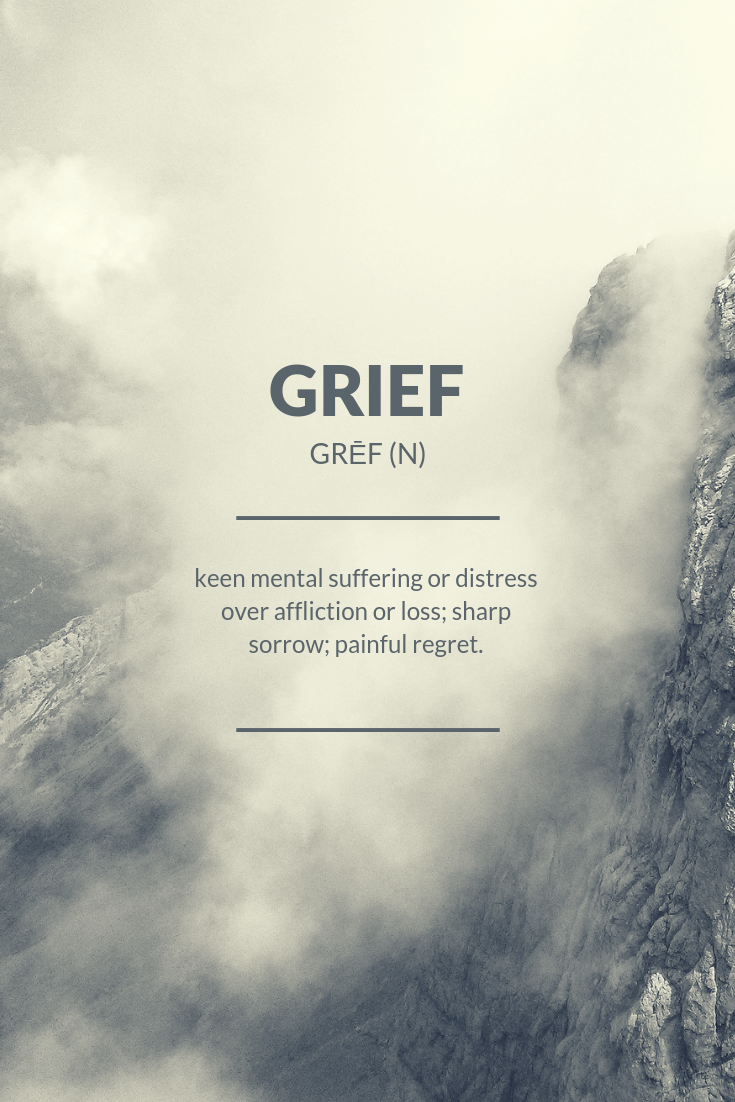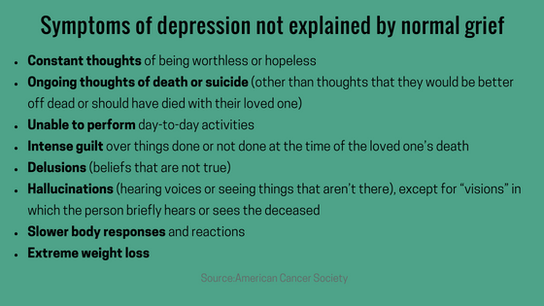|
Death. Loss. Mourning. Grief.
These are all words that have been controlling my thoughts for the past week. Last Saturday, I went to sleep with an immense amount of sadness after hearing about the passing of James Hampton. James, a teenager from Charlotte, died while playing in an AAU basketball tournament. I could not stop thinking about him, his teammates, his family, and everyone in the gym when he collapsed on the court that day. I continued to think about what they are going through and the amount of strength those teens demonstrated when choosing to stay in Virginia and play on Sunday to honor their fallen teammate. I fell asleep thinking about that loss, completely unaware that I was going be spending the next week grieving my own loss.
On Sunday morning, my Dad called telling me that my Auntie Bridget had died. It was completely unexpected. I was again overcome with that same feeling, a deep sorrow that cannot be explained. I spent the following days remembering my aunt - how beautiful she was, how caring she was, the way her eyes lit up when she talked about her children and grandchild. I grieved her loss in the way I have learned helps me the most, through pictures and stories and recalling my favorite memories.
Grief is nothing new to me. I have lost family, friends, classmates and athletes before. Each time, the grieving process was different. While at the airport waiting on my flight home, I found myself feeling nervous about seeing my dad, my grandmother, and my cousins. I spent an entire semester learning about grief and loss, yet I was still unsure if I would be able to say and do the right things. Grief has a funny way of making you forget everything you thought you knew So, what is grief?
Oxford Dictionary defines grief as a deep sorrow, especially that caused by someone's death. My most beloved professor in graduate school described grief as a never-ending roller coaster.
Grief is a natural and healthy reaction to loss. While we often think about grief solely in terms of death, it can be experienced after any loss. I explainin this blog post how athletes experience grief after injury. Recognizing grief
Grief looks different for everyone and can be seen in many ways:
physical reactions: upset stomach, change in appetite, muscle tension, crying, restlessness, difficulty concentrating, low energy emotional reactions: sadness, anger, guilt, denial, relief, despair, love, hope, numbness, shock cognitive reactions: blaming oneself or others, happy memories, wondering about what life will be like without them, worries and regret spiritual reactions: finding comfort in your faith, questioning your faith, deepening your faith and finding more connections and meaning The grieving process
There is no right or wrong way to cope with loss.
Each person will cope with grief differently depending on their life experiences, personality, faith, and the significance of the loss. There is no timetable on grief and healing. For many people healing after a significant loss can take 18 to 24 months, but for others it may be longer or shorter. Grief has highs and lows and crazy turns. Sometimes you have to go backward, before you can soar forward. Some people maintain their strength, while others crumble. How to help
Reach out
Reaching out to someone who has experienced a significant loss can be extremely difficult. It can be awkward. You may be unsure of what to say or if they even want to hear from you. You may wait for a few days and then decide that it is too late to say something. Your friends and family need support after experiencing a significant loss. Even the smallest message of concern can make a huge difference. Listen We often are so concerned about knowing what to say to a grieving person we forget that the most important part is knowing how to listen. Many times we try and change the subject, or avoid talking about the deceased because it is uncomfortable, or we may even be afraid we will upset them. The grieving person wants to be heard, telling stories can be therapeutic, and they want to know their loved one will not be forgotten. Acknowledge their feelings. And accept them. Let the person know you are okay with them crying, or getting angry, or breaking down. This will allow the grieving person a safe place to let out their emotions. Be okay with silence. Both the grieving persons and your own. Chit chat may help initially but can get annoying really quickly. Be present, offer eye contact, a hand squeeze, a hug, or my favorite – a snack. Offer comfort without comparison. I was 16 when my friend was murdered. To this day, I still remember when my mom found me sobbing in bed days later. She simply said, “I cannot imagine what you are feeling right now, I have never experienced anything close and I am so sorry.” My mom’s words meant so much more than those who said they knew how I felt or told me what helped them after the passing of their grandfather peacefully in his sleep. It is okay to share resources that may have helped you in similar experiences, such as books or poems or support groups etc. But remember, no one experiences grief the same, and you will offer much more help by simply listening and allowing them to tell you how they are feeling.
Offer Specific Assistance
When wanting to let someone know we are there and willing to help, how many of us have said, “Let me know if you need anything.” I am willing to bet all of us have been guilty of this at some point. It can be extremely difficult for a grieving person to ask for help because they already may feel guilty about the attention they have been receiving, they don’t want to burden others, or they may be too exhausted or depressed to reach out. Instead, try offering a specific way you can help, such as “I plan on taking Joe to practice today, let me know if you would like me to feed him after”, “I made lasagna for dinner tonight, let me know a good time to drop it off” or “I am going to the grocery store today, please send me your list.” This makes it easier for the grieving person to accept the help, and you are in control of what assistance you are providing.
Ongoing Support
The grieving process does not stop after the funeral is over, but the majority of the support being offered does.
Staying in touch with the grieving person and checking in periodically after the shock of the loss has worn off can be extremely valuable. Remembering the special days in that person’s life, such as anniversaries, birthdays, major milestones, holidays and reaching out at that time lets the person know you are thinking about them and are there for whatever they need.
Watch for complicated grief & depression
You never truly “get over” the death of a loved one. The sadness and other symptoms may not disappear, but if the symptoms don’t start to fade, or get worse over time, that may be a sign of a more significant problem.
About 1 in 5 grieving people will develop clinical depression
If you observe the following warning signs after the initial grieving period – two or so months – encourage the grieving person to seek professional help.
Questions for you - I would love to here from you!
3 Comments
|
Christina TaylorFormer Athletic Trainer, current Mental Health Professional. Boston sports lover. Archives
December 2023
Categories
All
|



 RSS Feed
RSS Feed